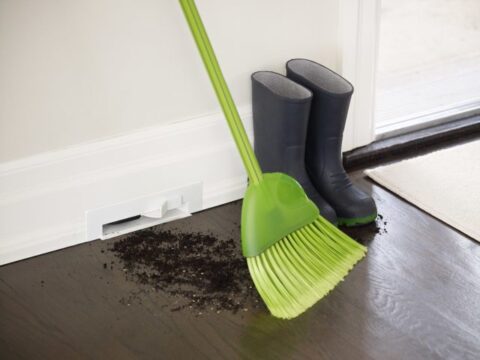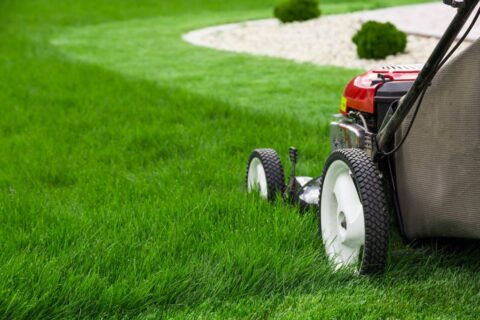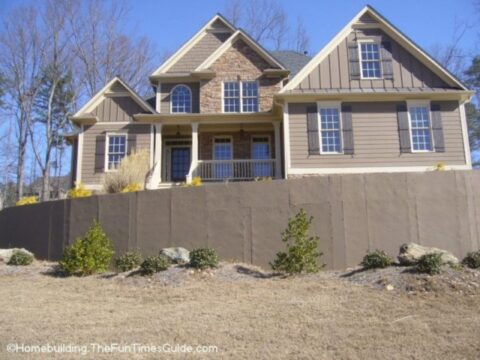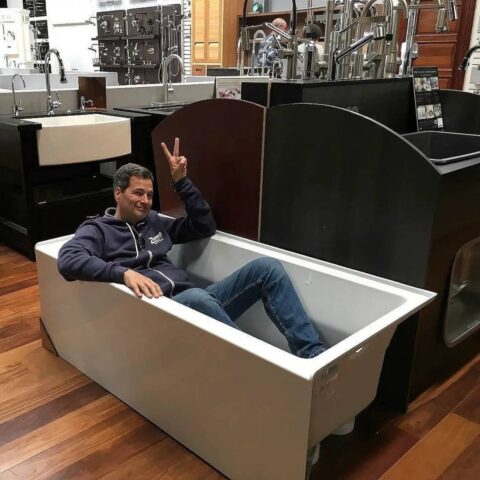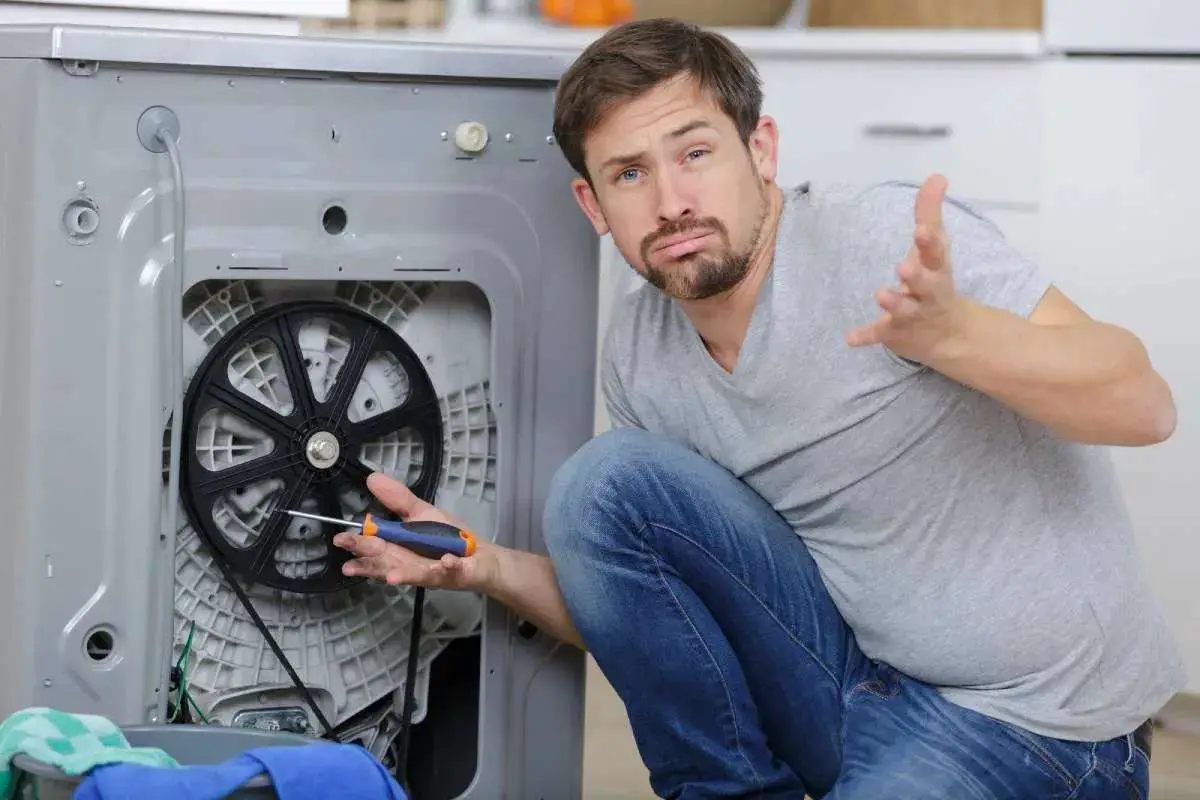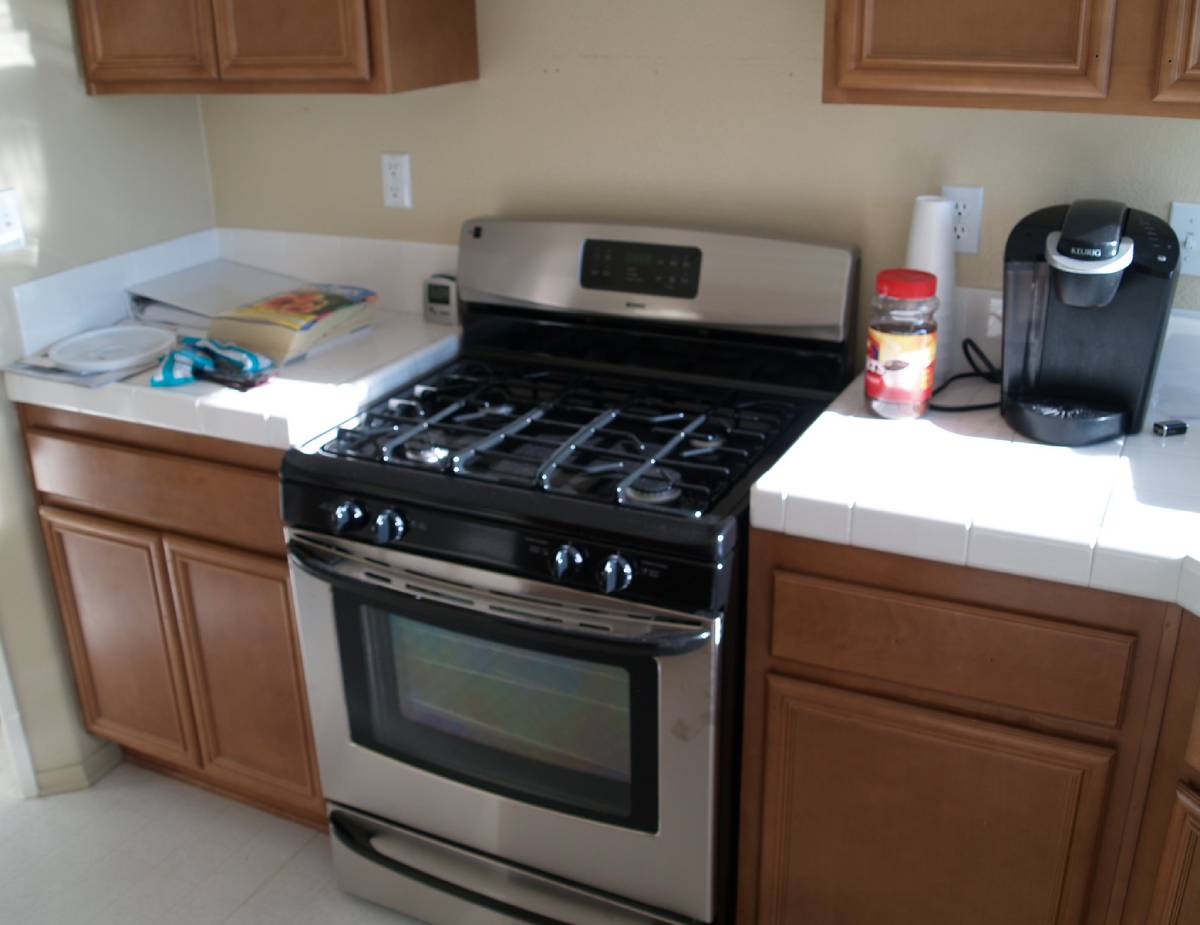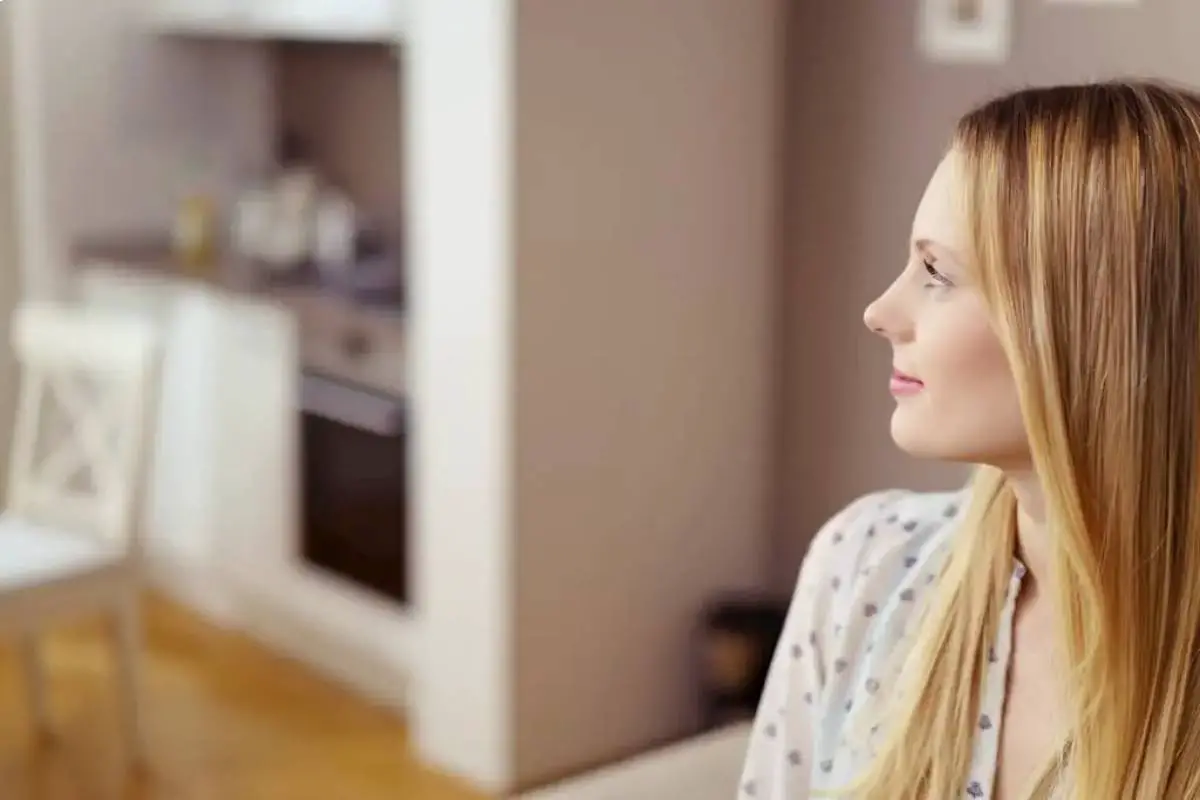Smith & Fong Plyboo produce some great flooring products.
The different types of engineered wood flooring they produce are great for many reasons:
- Unusual materials are used in some of their flooring products, such as sugar palm and coconut palm.
- Their flooring is beautiful to look at.
- Most of their flooring contributes to LEED credits in one way or another.
- Sustainability is incorporated into their thought process.
- They pay special attention to grain patterns, configuring them into new looks for architectural flooring.
That last bullet point is a case in point.
Sideways Engineered Hardwood Flooring Is LEED Certified
Smith & Fong have a line of engineered hardwood flooring appropriately named Sideways.
It is cut in such a manner that the wood grain orientation goes across the plank, rather than the length of the plank. This is purely for aesthetic reasons… architecturally speaking.
Sideways is manufactured from North American species from 100% FSC-certified sources.
For this reason, you can earn LEED credit MR 7 Certified Wood.
Since it’s a formaldehyde-free building material, it will also earn you LEED credit IEQ 4.3 for low-emitting materials.
 Not only that, Smith & Fong tested sideways under the California section 01350 protocol. Section 01350 tests for 78 known VOC’s that can impact indoor air quality. They go to state that Section 01350 is the most stringent testing currently available anywhere. And that isn’t all. Sideways also surpasses California Air Resources Board (CARB) Phase I and Phase II. Phase I requires adhesives to have formaldehyde emissions that are equal to or less than 0.08 ppm. Phase II (which took effect on January 1, 2010) bumps that number down to 0.05 ppm. Here’s the CARB Final Regulation Order, if you want to bore yourself to tears for a few minutes.
Not only that, Smith & Fong tested sideways under the California section 01350 protocol. Section 01350 tests for 78 known VOC’s that can impact indoor air quality. They go to state that Section 01350 is the most stringent testing currently available anywhere. And that isn’t all. Sideways also surpasses California Air Resources Board (CARB) Phase I and Phase II. Phase I requires adhesives to have formaldehyde emissions that are equal to or less than 0.08 ppm. Phase II (which took effect on January 1, 2010) bumps that number down to 0.05 ppm. Here’s the CARB Final Regulation Order, if you want to bore yourself to tears for a few minutes.
It’s safe to say, Sideways is safe. And it’s American made!
Mark my words, “Buy American Made” will begin to steamroll into a movement to bring jobs back home. People are fed up and hungry. As a bonus, this contributes toward LEED credit MR 5 Regional Materials. (See label in the photo above.)
Now for the fun stuff…
The Natural Beauty Of The Wood Is Not A Stain
Sideways includes 5 wood species in the lineup:
- Maple
- Beech
- Birch
- Hackberry
- Cherry
They also offer oak and maple in a traditional orientation, if I understand their literature correctly. More on that another day.
You see several samples of Sideways in the photos below. That is not a stain, dye, or toxic chemical that is giving it that rich color. Smith & Fong lets the natural beauty of the wood come through in a “green” way by giving the wood its unique color with a proprietary thermal treatment process.

 You can see in the cut-away view in the pictured sample that the color in the top hardwood layer goes all the way through. If it were a stain, it would not penetrate quite so deep.
You can see in the cut-away view in the pictured sample that the color in the top hardwood layer goes all the way through. If it were a stain, it would not penetrate quite so deep.
Also, installation is a breeze!
As you can see in the photos, they have engineered the wood to include the click-lock system.
This allows you to install it without glue or nails.
It’s a floating floor, but if you insist on using nails or adhesive you can call them (866-835-9859) to speak with their technical department. I’m not sure why you would want to do that, though.
Sideways Engineered Hardwood Floor Specs
Here are a few specs on Sideways flooring:
Hardness:
ASTM D1037 Janka Ball Hardness Test
Hardness range through all species 925 to 1300 lbs (refer to CSI sheet for individual wood psi on the Plyboo website).
Abrasion Resistance:
ASTM D4060 Tabor Abrasion Resistance
21,000 Rotations
Adhesion:
ASTM D3359 Cross Hatch Adhesion, 4B
Dimensions:
9/16″ x 5″ x random lengths to 47½”
Cost:
Approximately $5-$6 per sq. ft. A bit pricey, but it has a lot going for it, as mentioned above.
Helpful Tips & Resources
- All About Engineered Wood Flooring
- CARB Phase I and Phase II Explained
- LEED Credits And LEED Certification Explained
I started as a home-stalker… visiting brand new homes under construction in the neighborhoods near my house. That inspired me to write about home building and home renovation projects — chronicling homes during different phases of construction from a consumer's point-of-view. Basically, the tips you'll find in my articles are a collection of checklists for what I think should (and should not) go into building or remodeling a quality home.





